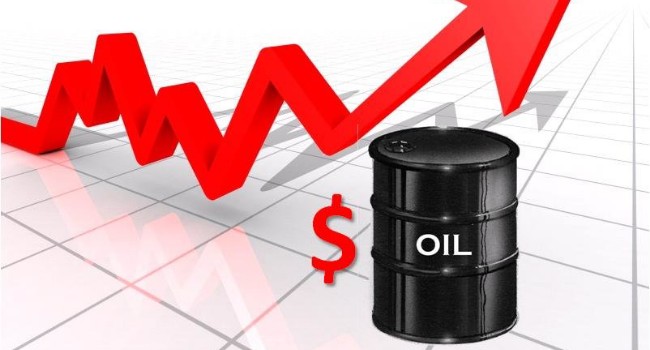It is mixed blessing for the Nigerian economy as prices of crude oil further soared on Tuesday, 24 hours after the leaders of the European Union (EU) countries reached an agreement to ban 90 per cent of Russian energy imports by the end of the year, IgbereTV reports

The 27-nation organisation has spent weeks haggling over a complete ban on Russian oil but encountered stubborn resistance from Hungarian Prime Minister, Viktor Orban, who said an embargo would destroy his country’s economy.
After deliberation, EU finally agreed on a compromise deal and this action sent the Brent crude higher by $1.17 or 0.96 per cent to $122.80 per barrel and raised the West Texas Intermediate (WTI) crude higher by 37 cents or 0.32 per cent to $115.40 per barrel.
While it is expected that the rise in oil prices is a blessing, Nigeria’s unpreparedness on what is happening in the global oil space could bring more pains to the country.
Godwin Emefiele, Governor of the Central Bank of Nigeria at the last Monetary Policy Meeting (MPC) revealed how Nigeria’s reserves was depleting due to the high cost of importing fuel.
He said, “Gross external reserves declined moderately to US$38.36 billion as at May 19th, 2022 from US$39.28 billion at end-March 2022. This was attributed to the weak accretion to the reserves from exports and the high cost of importation of refined petroleum products.”
When oil price crossed $120 per barrel in March, Nigeria suffered a nationwide scarcity occasioned by the importation of adulterated fuel.
The Nigeria National Petroleum Corporation was also unable to remit any funds to the federation accounts as it spent an average of N7.92bn daily or N245.77 billion in March on subsidy payments.
Nigerians will be hoping that this time, the federal government would be prepared to mitigate any negative development the higher price could bring to the economy.







